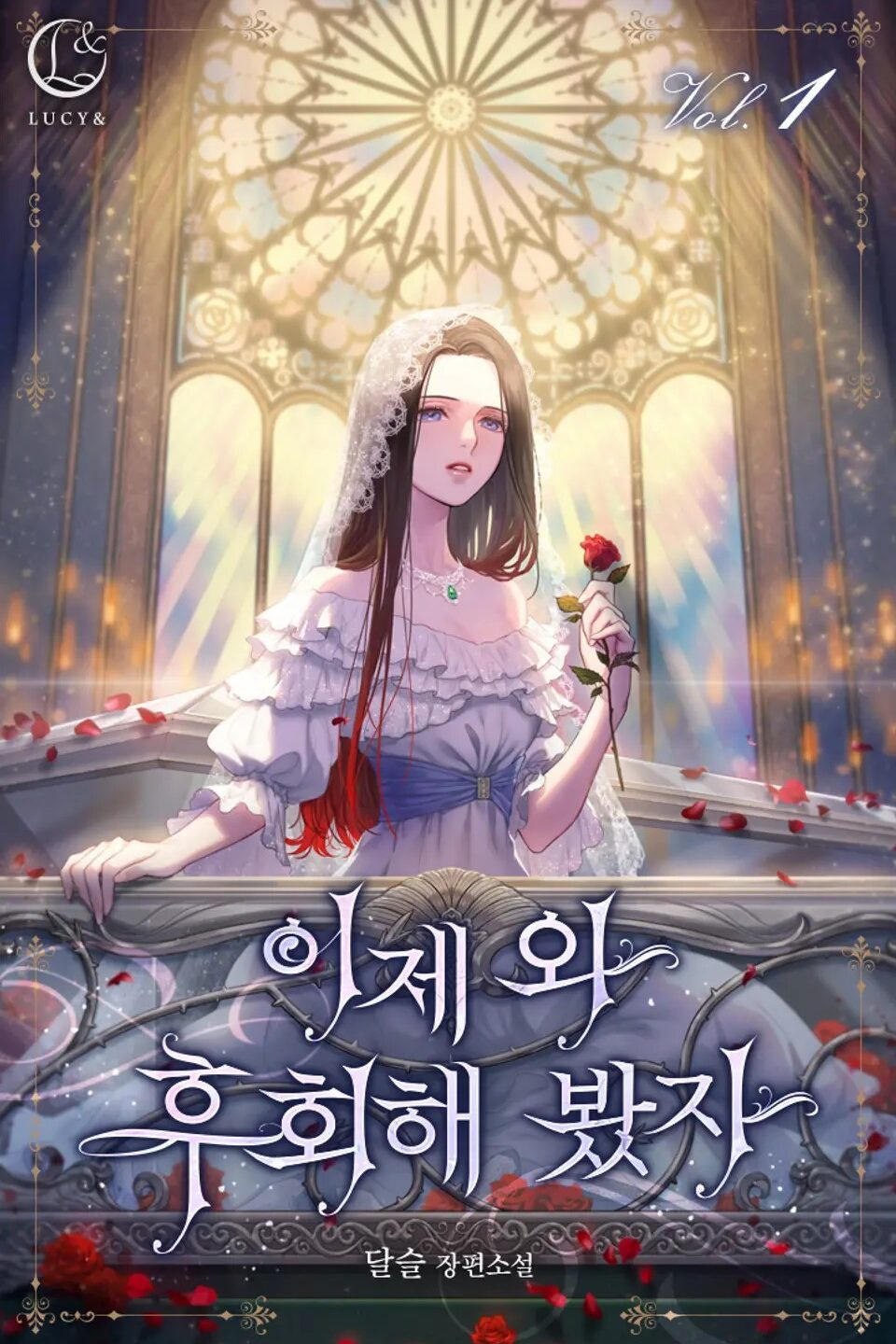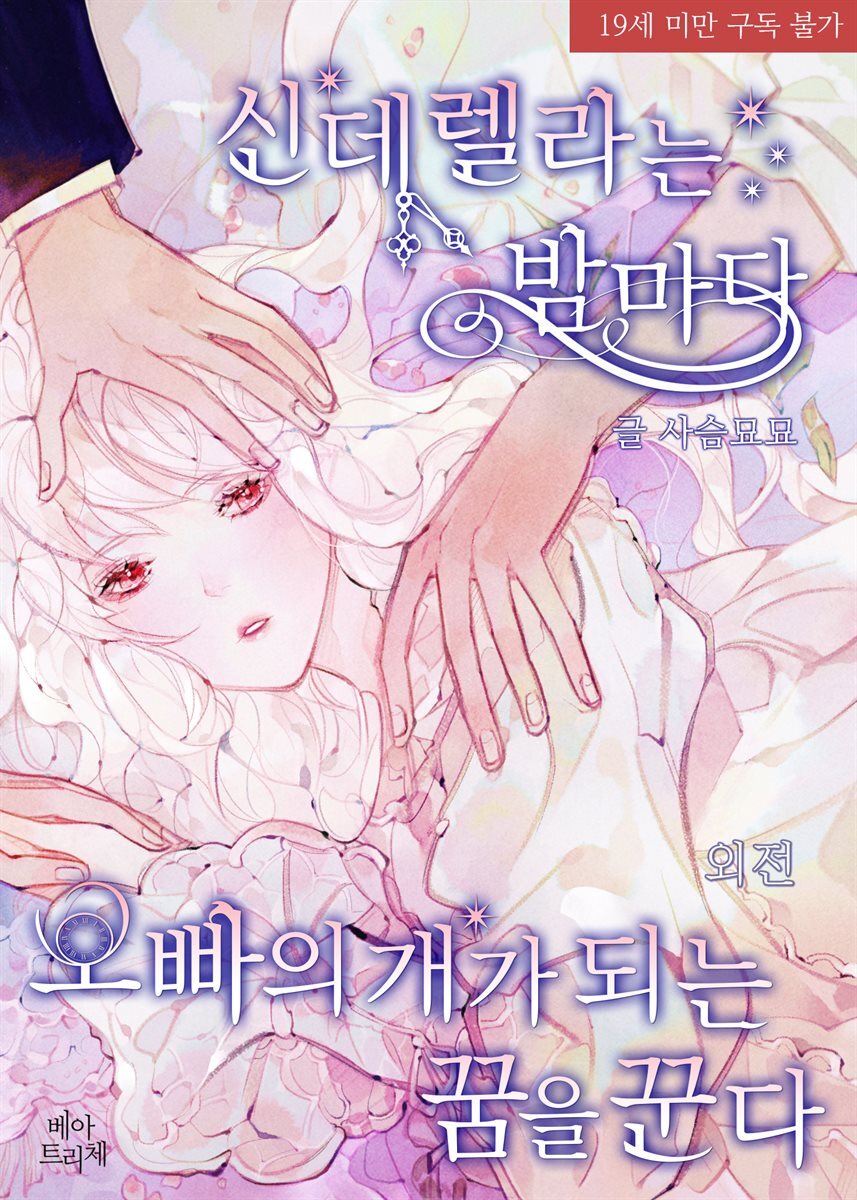Chapter 101 :Of Guilt and Gentle Tyrants
- Home
- All Mangas
- I Think my Husband is a Murderer
- Chapter 101 :Of Guilt and Gentle Tyrants
❖ Chapter 101 :Of Guilt and Gentle Tyrants ❖
For Johannes Schulz, the concept of marriage was never a pivotal element in the architecture of his life. More precisely, it held no resonance in the chords of his heart, for emotions directed toward women seemed to him unnecessary adornments. His beliefs were pragmatic—if he could forge an alliance with a daughter from a household that could elevate the Schultz family, that alone would suffice.
At the terminus of Johannes’ winding path loomed a single immutable truth: guilt. The searing, relentless guilt of being the catalyst—whether directly or not—of his mother’s untimely demise.
‘It’s not your fault, Johannes.’
On the day Lady Leah Schultz perished, those were the words his father, Lucas Schultz, had whispered with a hollow, shaking voice. But Johannes knew better. He had lived long enough with the burden to recognize that if only he had been stronger, sharper—less vulnerable—his very existence might not have placed her in jeopardy.
He had always been Leah Schultz’s only son, and in that, he became a threat. The royal family saw in him a spark that could ignite upheaval.
Leah Schultz, once the luminous princess of the Windsor dynasty, had committed the unforgivable sin of marrying for love—defying duty, defying the crown. Her heart had led her to Lucas Schultz, and from their union came Johannes.
But with their union, seeds of discord were sown.
The grandeur of Leah’s lineage, though hidden from the common people, resonated like thunder within noble circles. The mere echo of her bloodline was enough to rattle the monarchy. And so, with calculated cruelty, the current king orchestrated a farce—a carriage accident that silenced Leah forever. Johannes had been with her that day.
And yet, fate spared him.
But mercy is a double-edged blade. The whispers that followed were far more cruel than any sword:
‘The little Duke who devoured his mother to live.’
Even within the stately halls of House Schultz, murmurs slithered like serpents. Servants cast wary glances; suspicion fermented. And though Lucas, heartbroken and furious, dismissed them all and installed new stewards, the poison had already seeped into Johannes’ marrow.
Time did not erode this guilt—it crystallized it.
Then came the war. The royal family, in their ever-tightening grasp, conscripted him to the frontlines. When he returned, battle-worn and hollowed, his path forward narrowed into a cold, relentless pursuit of duty.
So when the notion of marriage to Edith Prim arose, it was—to him—merely another necessary step.
Edith was a means to an end. Her misfortunes did not hinder his calculation. If anything, they made her more malleable, more attainable. She was the perfect instrument to secure the Schultz family’s future.
That is… until he met her.
Delivering the news of Isaac Prim’s death was never meant to unsettle him. Yet as he stood before her—watching grief ravage her expression—he was struck by something unfamiliar.
She wept in a way he never had.
And when Edith defended Lucas Schultz from vicious gossip with trembling lips—
“There’s no way the Duke would do that…”—
—a crack formed in the armor around his heart.
Unlike others, she did not condemn without trial. Her trust was given in slivers, but it was genuine. It shamed him and empowered him all at once.
Edith Prim was more formidable than she appeared.
She bowed deeply and spoke with the humility of the beaten, yet in moments, her sharpness cut through the air like glass. She challenged him, scorned his assumption that she would accept a proposal without question.
“Deals should be made on equal terms,” she had said, eyes alight with pride.
It amused him to discover later that she had been cornered by a loan shark named Banux.
She did not wish to manipulate him—but desperation had drawn her to this game. She had no other path, and no time left.
“Yes, I’m crazy,” she said, accepting his offer.
It was the most honest answer to a political marriage he’d ever heard.
Even after the engagement, her eyes remained wary, her demeanor uncertain. She always asked whether her actions held value, if she was merely a burden. Yet in rare moments, her fire returned.
Especially during their pre-wedding ‘practice’ kiss.
“…Why don’t you do this?” she had asked with a mixture of contempt and disbelief.
He should have been offended—but he had laughed. And then, in a moment of impulsive defiance, he kissed her.
It wasn’t bad.
In truth, it awakened something in him he could neither name nor escape.
So when he found her on the brink of death in the manor—choking, fading—he felt a rage that bordered on hysteria. And when she whispered—
“Thank you for saving my life.”—
he realized he had failed her. His neglect had brought her to that edge.
Then came Edward Windsor.
The danger he posed to Edith ignited Johannes’ instincts. And yet, when she coolly noted that kisses were “just for show,” he found himself both wounded and enraged.
“Shouldn’t I at least ensure that no man ever dreams of kissing you?” he’d snapped.
But it wasn’t just possession—it was longing.
He wanted her. Fully. Entirely. Not for politics. Not for bloodlines.
For himself.
When Edith had asked, “What kind of man was your father in the military?”—it reminded Johannes that they were not in a dream. This was not some romantic escape. It was a battlefield of its own.
And still… he clung to fleeting moments with her.
He avoided her after the murder. Let distance settle like fog. Until she returned to her village—and met with a man from the Scandian continent.
What had she learned about him?
Had it made her heart colder?
When she offered to answer his questions if he truly accepted her as his wife, he realized something brutal.
She had never let him in.
And yet—
“You’ve had a hard time so far.”
She said that. To him. To the man who killed her father’s soldier.
He had thought her no-nonsense. But she was more.
She was mercy. Wrapped in steel.
And when she encountered the old Mrs. Russell, he had only one selfish wish:
Let her not be Edith’s grandmother.
Not for politics. Not for war. Not even for bloodlines.
But because he feared for her heart.
But reality struck back like an iron whip when the old matriarch said:
“Duke Schultz, the royal family came to me.”
She did not name their intent—but it was clear.
And so, he remembered his oath.
The crown had stolen everything.
It would steal Edith too, if he faltered.
And so he walked a tightrope.
Should he embrace the fire of love, or extinguish it for duty’s sake?
Between these two impossible choices, Johannes Schulz—Duke, soldier, orphaned heir—walked the razor’s edge.
Forever torn.





